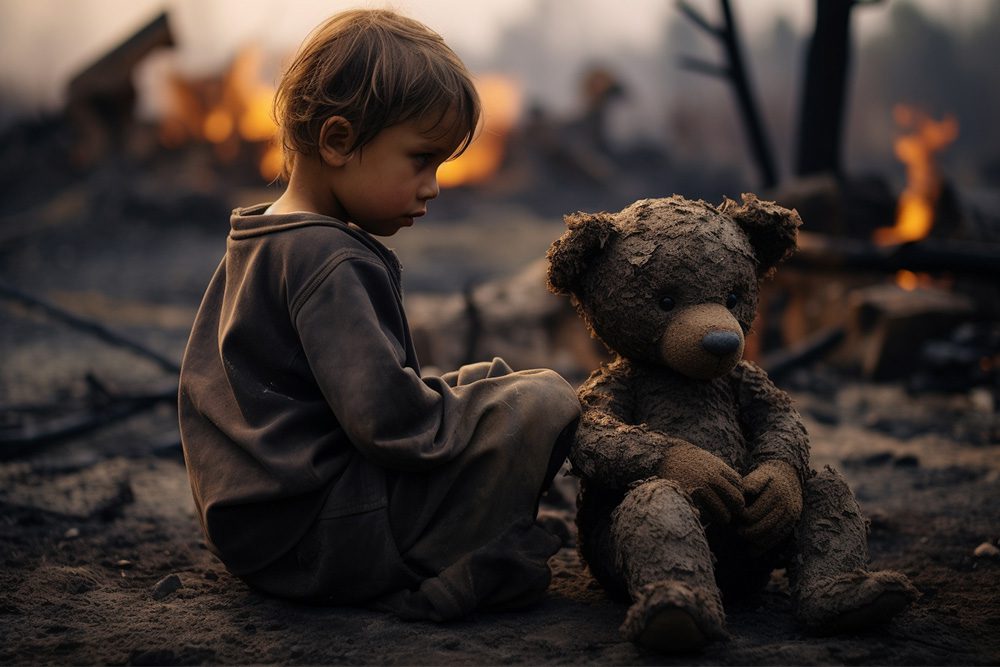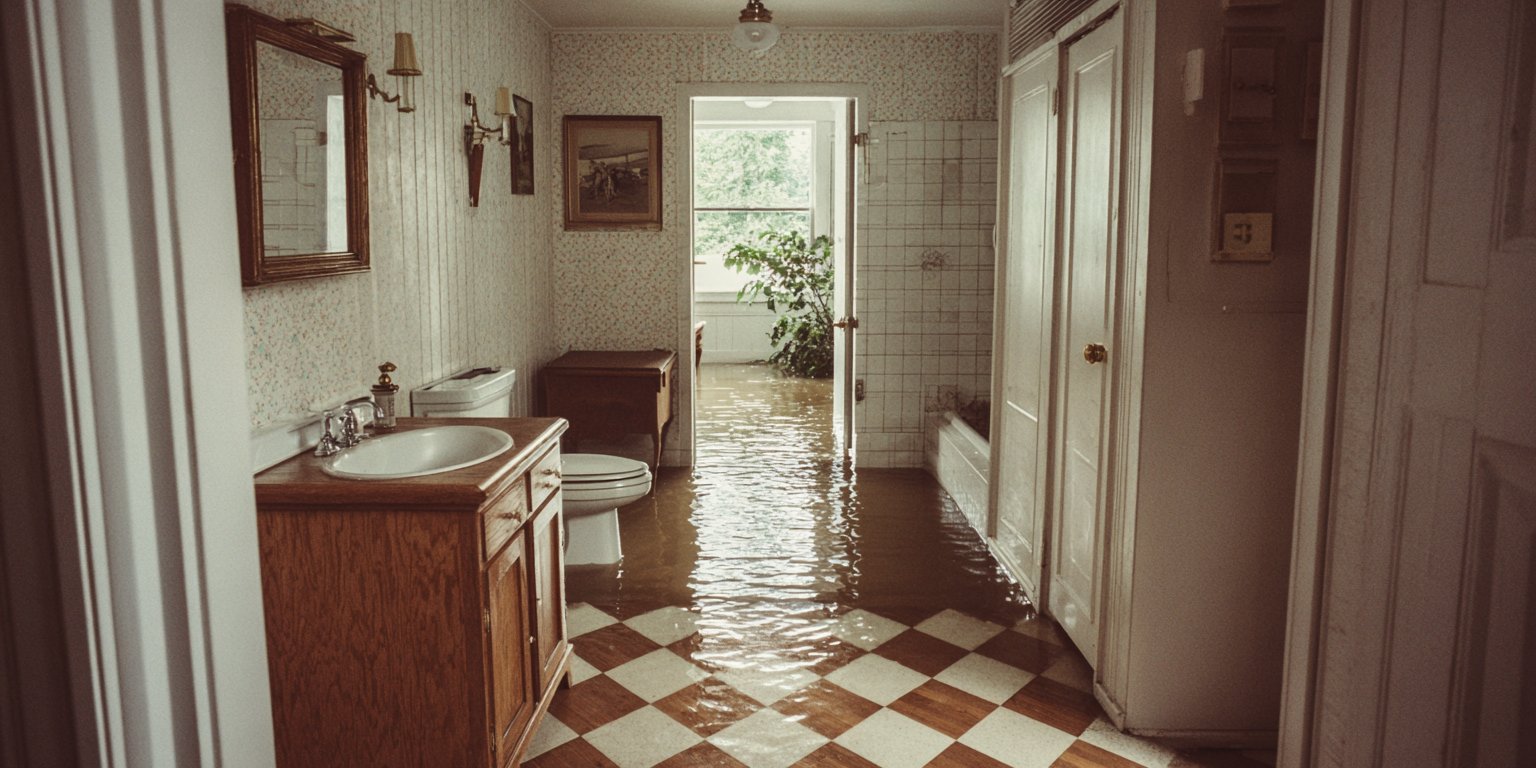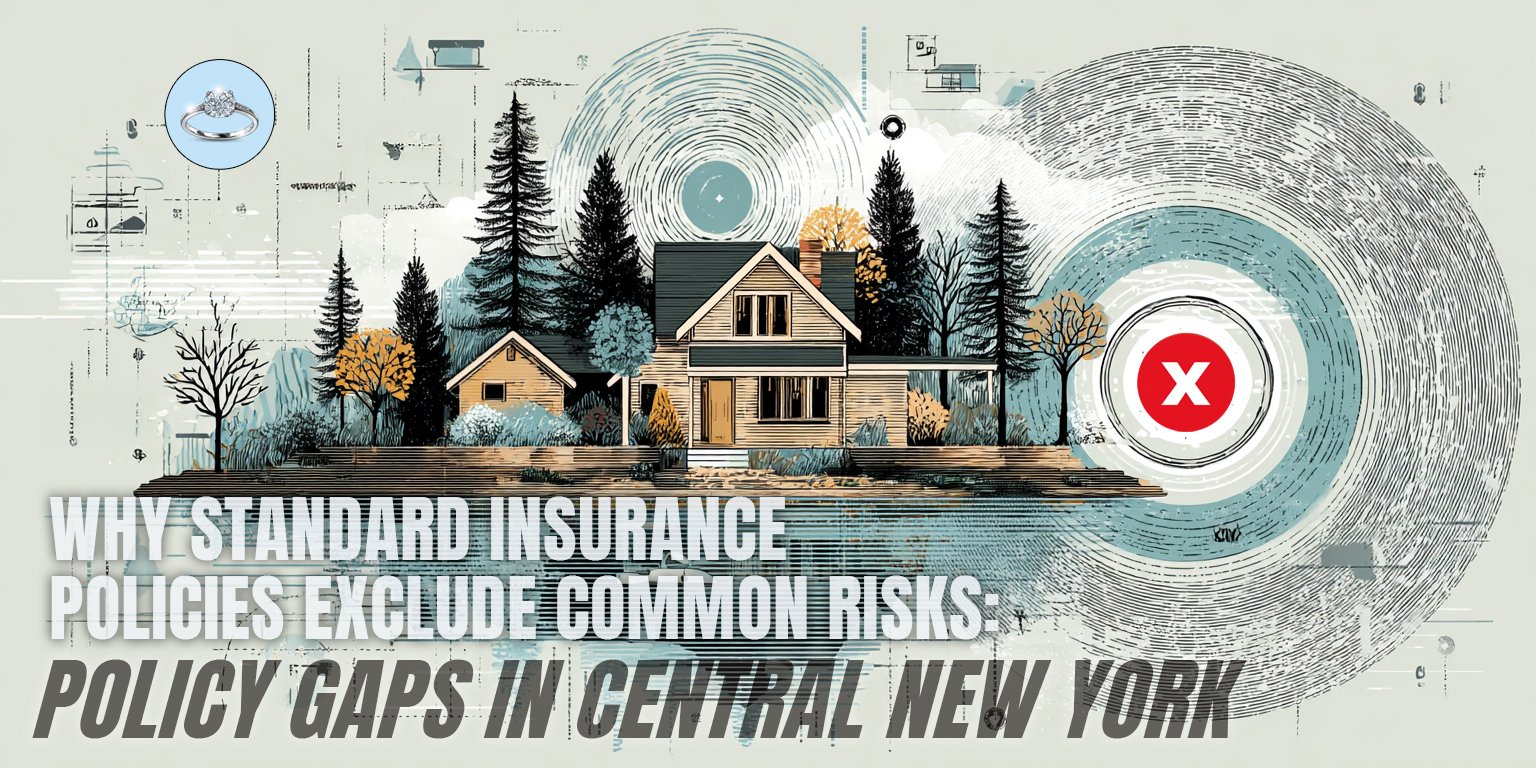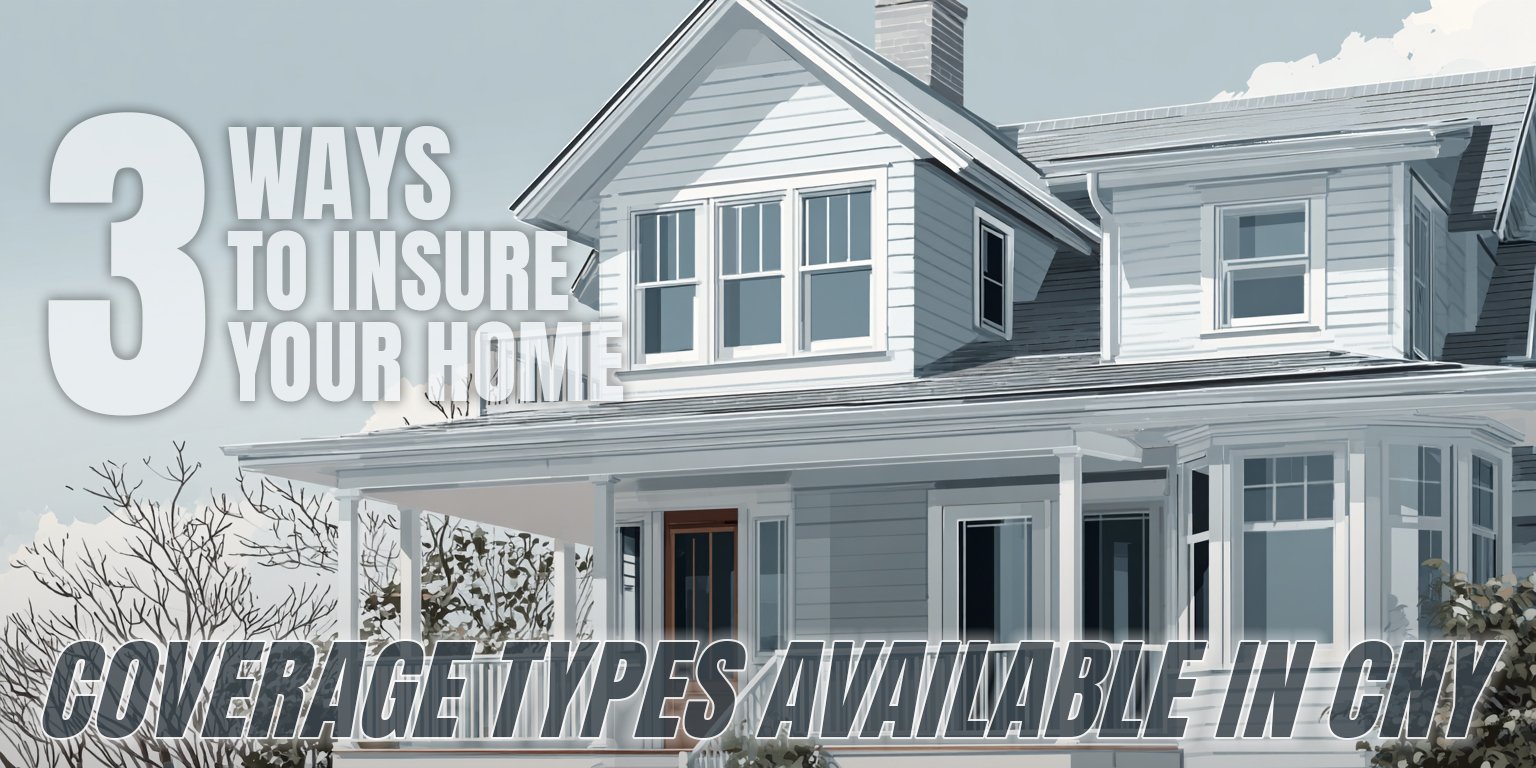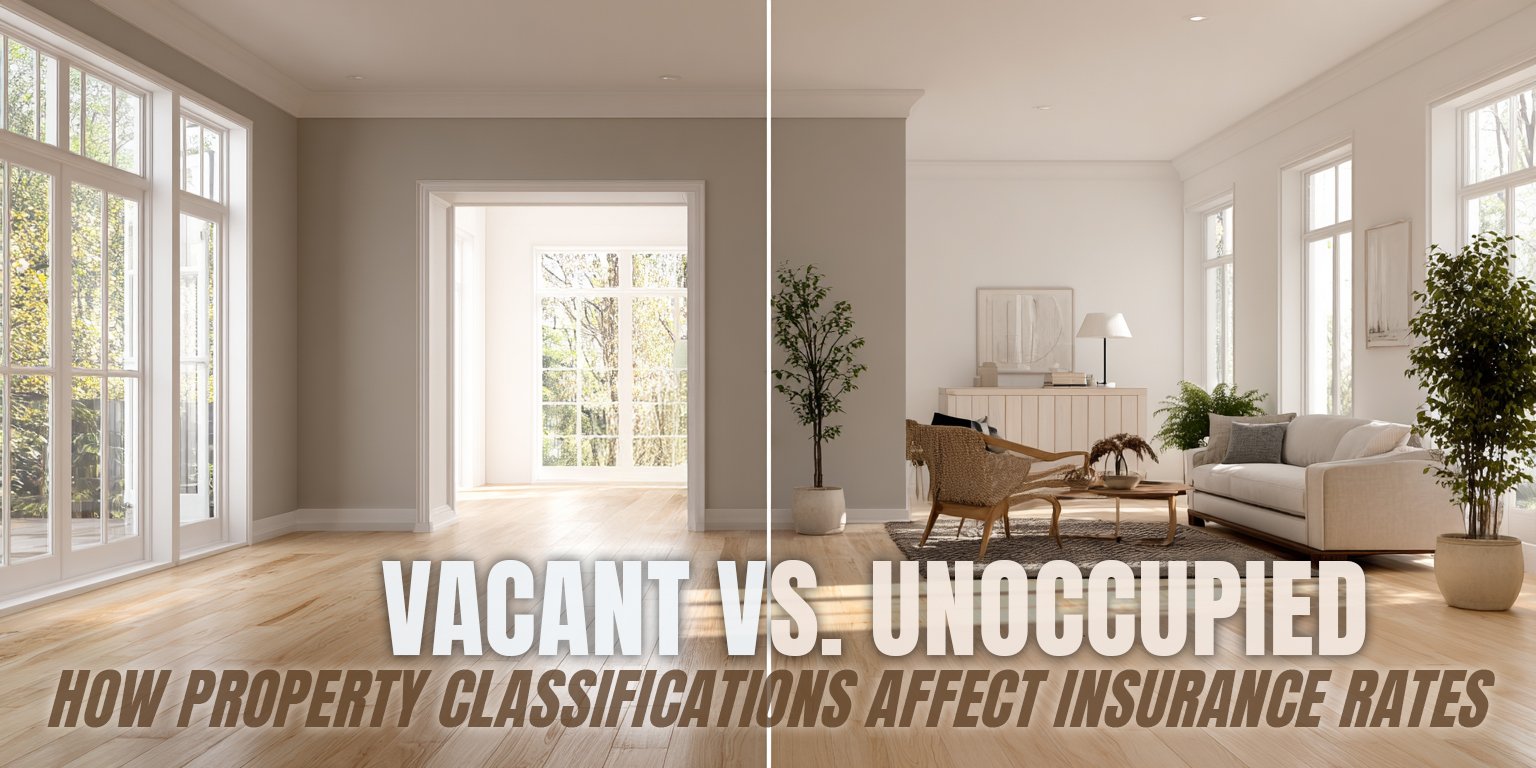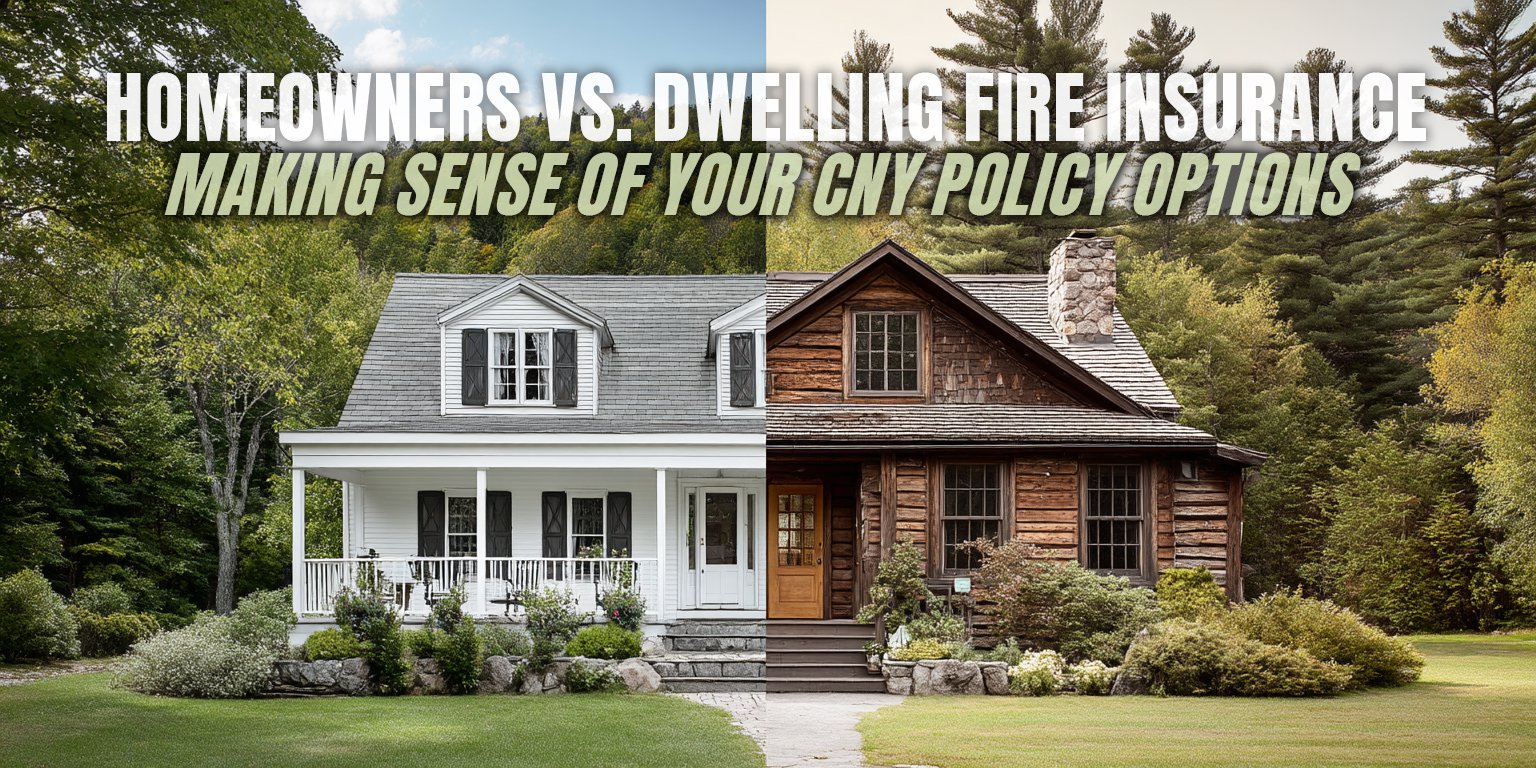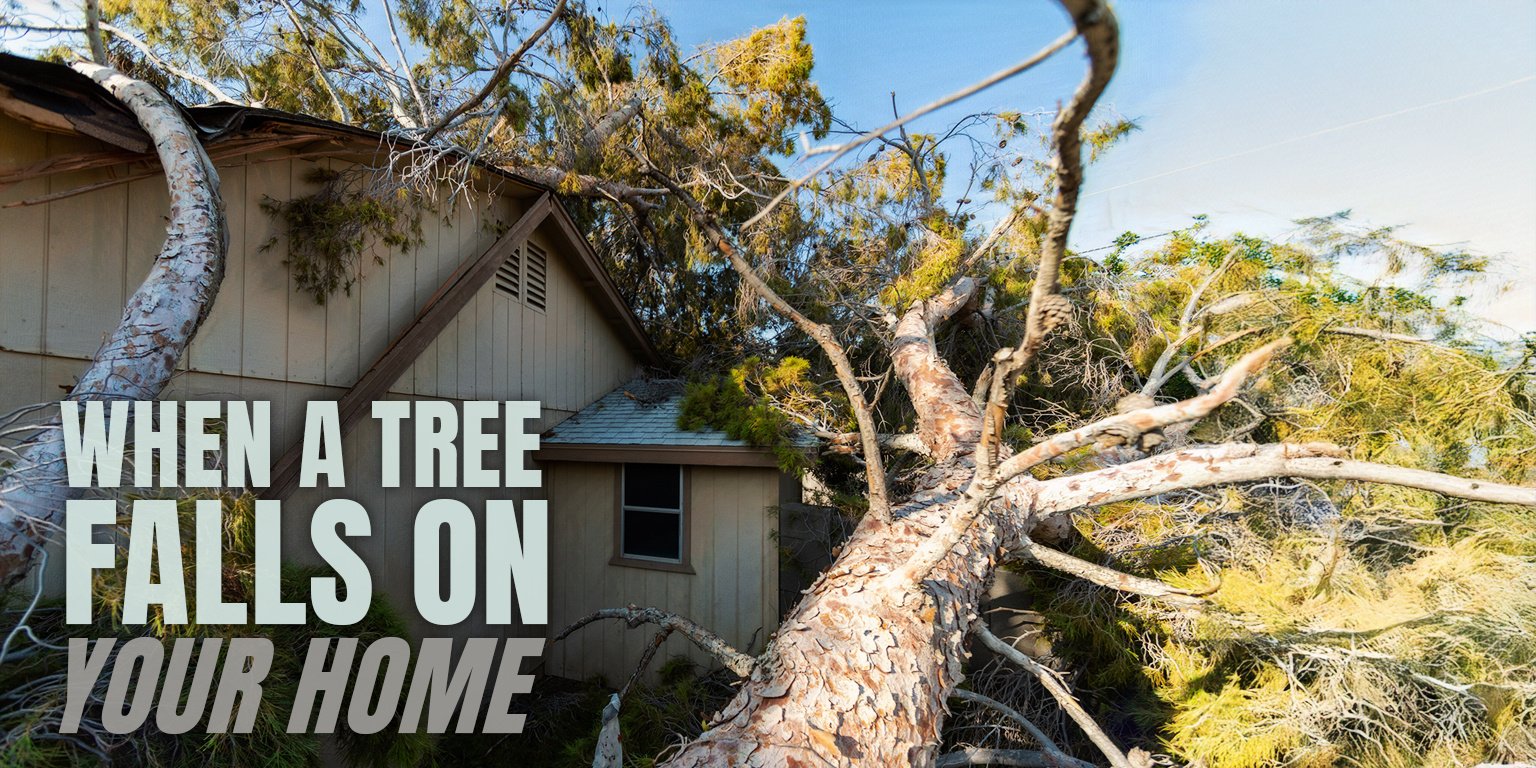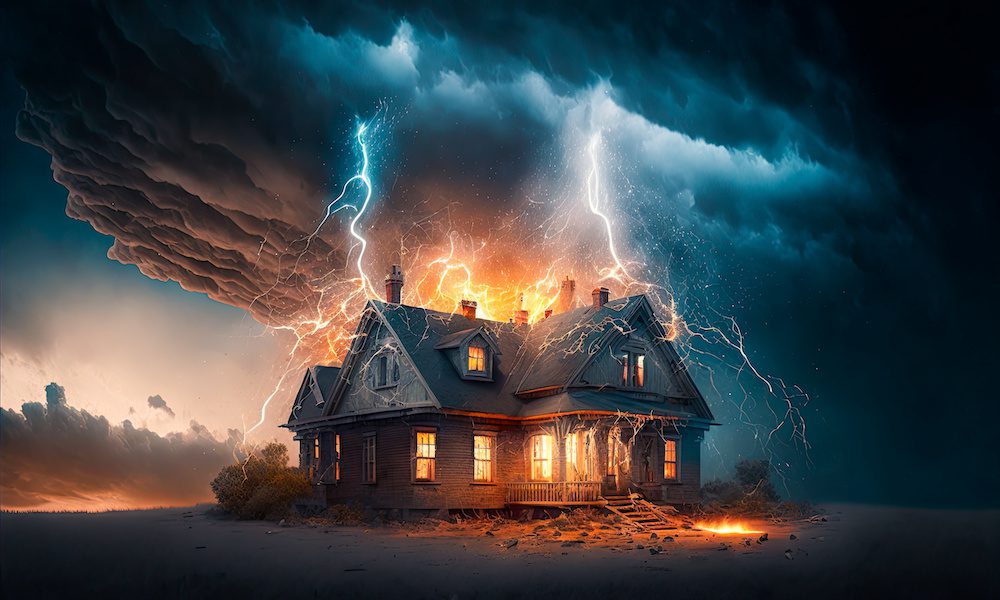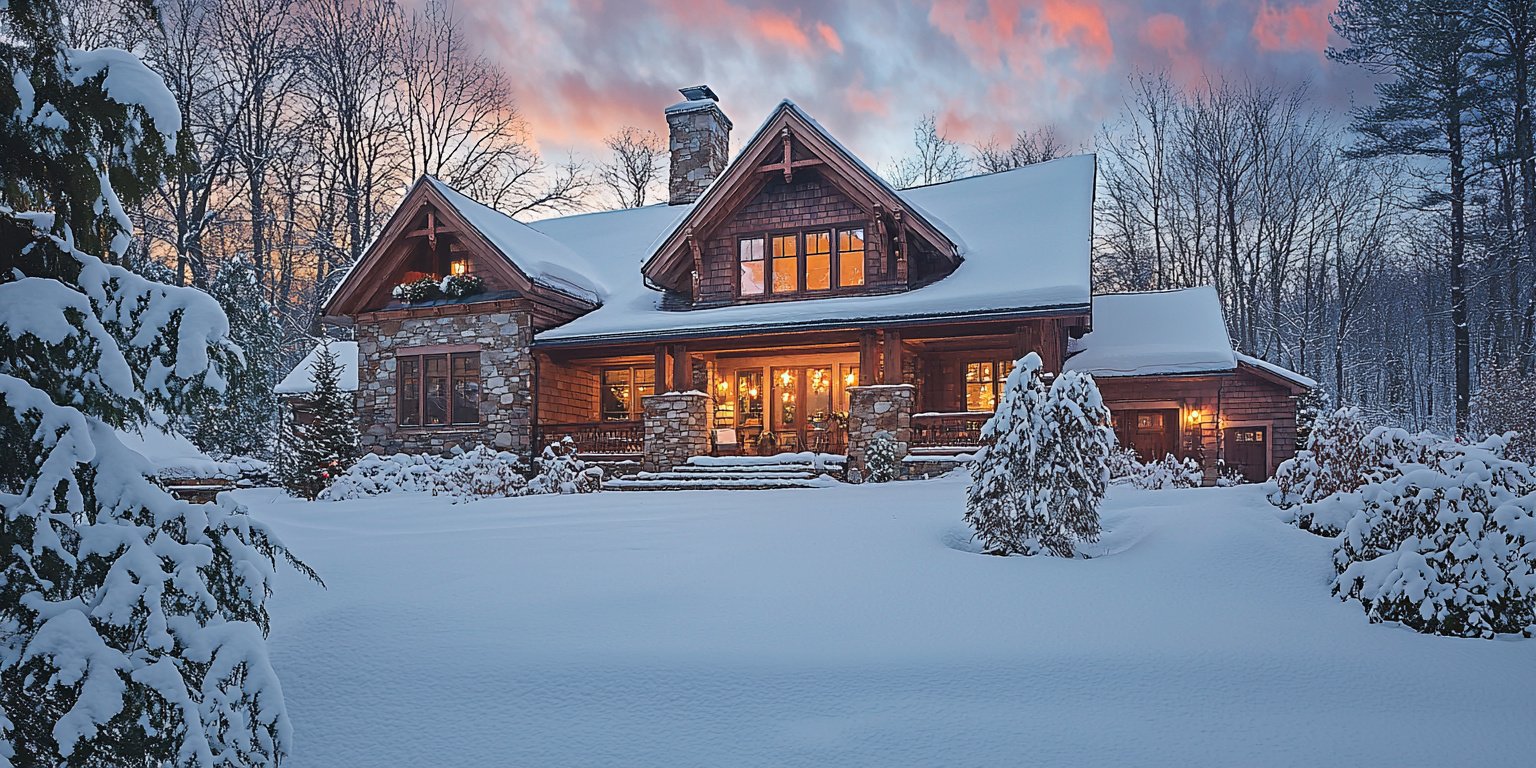Navigating Insurance Challenges for Your CNY Camp: Tips and Insights for Helping to Address Your Dream Retreat
November 14th, 2025
4 min read
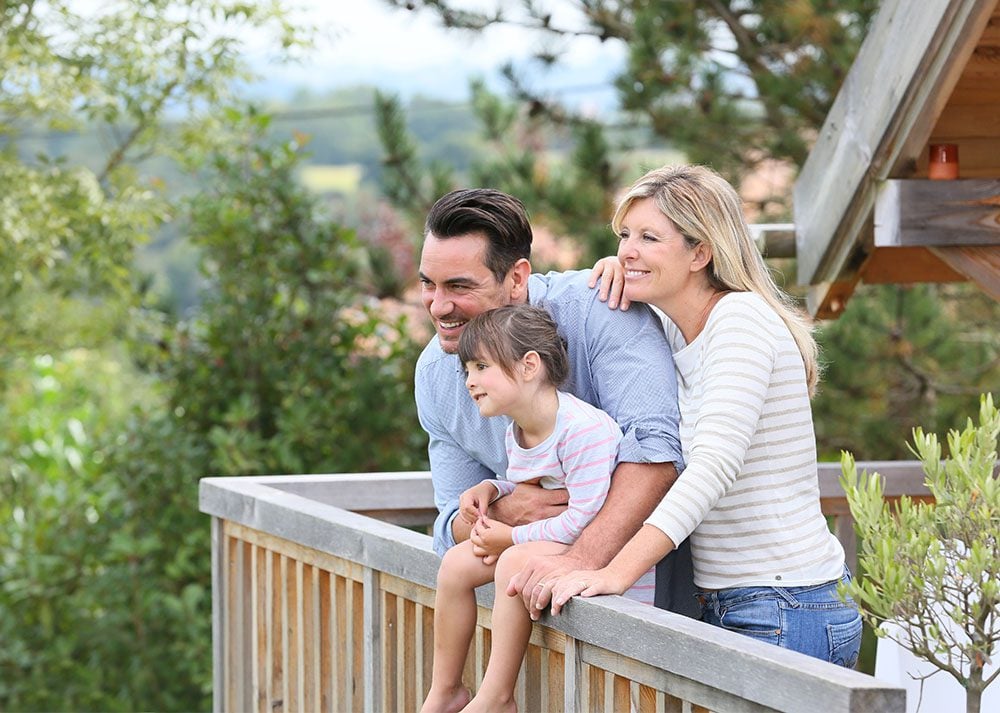
You're thinking about buying a camp in Central New York. Maybe it's a lakeside retreat in Tupper Lake or a mountain cabin near Kaaterskill Creek in the Catskills. But one question keeps nagging you: "Can I actually get insurance for this place?" You're worried about falling in love with a property only to discover it's uninsurable—or worse, learning this after you've already committed.
That worry makes sense. Securing insurance for seasonal camps presents challenges that many buyers don't anticipate until it's too late. Location, heating systems, accessibility, and property condition all affect whether carriers will offer coverage—and at what cost. When you're financing the purchase, your lender requires adequate insurance before closing. Learning about coverage limitations at the last minute can derail your entire purchase.
At the Horan insurance agency in Baldwinsville, we work with Central New York buyers who are exploring seasonal property purchases. Located between urban and rural areas, we assist clients with camps and vacation properties throughout the region. We work with several carriers and can share information about the factors that affect insurance availability for seasonal properties.
This article covers the main insurance challenges that affect CNY camp buyers and what you can evaluate before making an offer. We'll examine heating requirements, fire station proximity, year-round access, and property condition—the four factors that most often determine whether you'll find suitable coverage at a reasonable cost.
The Top Insurance Issues CNY Camp Owners Face
You’ve narrowed down the ideal location for a seasonal camp. It’s not too far from your primary residence, but it’s also isolated enough to offer an escape from the busy urban setting so you and your family can enjoy the peace and quiet of nature.
At some point, you probably asked, “Can I get insurance for my seasonal camp?”
Wise questions like that are why you’re here reading this article. It shows how proactive you are. You don’t want to purchase a rural property you can’t properly insure. And we wrote this article so you can avoid doing just that.
If you intend to finance your camp, your lender will require you to secure insurance coverage. But obtaining coverage for remote camps or vacation properties can be quite challenging. In some cases, acquiring even standard insurance can be difficult.
Here are the main challenges camp owners encounter while seeking insurance:
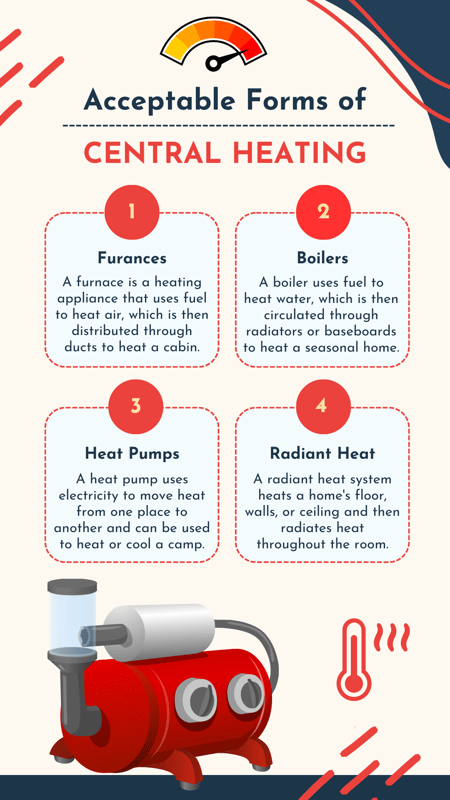 1. Lack of Central Heating
1. Lack of Central Heating
Insurers typically avoid properties without central heating, which is a significant requirement. Central heating systems controlled by a thermostat are preferable. Lack of such heating systems can lead to burst pipes during winter, causing water damage that may go unnoticed for weeks or months.
When discovered, the property may be deemed irreparable, a risk insurance carriers are unwilling to take. Wood or pellet stoves and portable heaters aren’t sufficient solutions as primary heating sources. They can only supplement the central heat but not replace it.
If your camp doesn’t have central heat, you might still get a policy, but it may be limited, and you’ll miss out on many common coverages.
2. Distance from Fire Stations
A house more than five minutes away from a fire station will likely be destroyed by fire. In isolated areas, there are some fire departments, but not as many as in the suburbs. The farther your camp is from a fire station, the harder it will be to find insurers.
If your camp is more than five miles by road (not a straight line) from a fire station, you will have fewer options. At ten miles or more, only a few carriers remain, and they typically charge higher premiums and offer less coverage.
And don’t rely on real estate listings for details about the nearest fire department. Instead, contact the municipal office for accurate information about your designated fire station.
3. No Year-Round Access
Many new camp owners overlook the issue of accessibility throughout the year, primarily because they usually purchase the camp during warmer months. Even if you have central heating and are close to essential facilities like a fire station, having an inaccessible camp during certain seasons can pose major issues.
For example, if your camp is 300 yards from the main road and can only be reached by a long driveway, trying to access it through a foot or more of unplowed snow can be problematic. Additionally, some regions close specific roads during winter, preventing plow trucks from clearing snow.
To avoid headaches and potential insurance coverage difficulties, ensure you have a clear and accessible path to your camp year-round.
4. Camp Condition
Is the camp property somewhat rustic? Keep in mind that many camps were built a long time ago and may not have received the same level of maintenance as a primary residence. While they may be structurally sound, certain elements may not meet current standards.
To obtain coverage that fits your situation, be prepared to provide information about the age of the roof and heating system. Wooden roofs over 25 years old can lead some carriers to reduce coverage until a replacement is done. Metal roofs have more leeway but ideally should be under 40 years old.
Heating systems between 20–30 years old might pose issues depending on the carrier. Other factors like siding condition, peeling paint, and unstable decks can result in coverage denial.
If you plan to purchase a property in questionable condition but intend to renovate quickly, there’s no need to worry. We can help arrange policies that will cover the property as if the work has already been completed. Feel free to ask us more about this if it applies to your situation.
Don’t wait until the last minute to search for insurance. You may fall in love with a place and then find out that it’s hard to insure or too expensive. To avoid disappointment and frustration, call us before you make an offer.
We can help you understand your options and find coverage that fits your situation. Gaining insight into your insurance options is crucial before committing to any potential investments. It’s better to be prepared and informed than to regret it later.
Making Informed Decisions About Camp Insurance in Central New York
We covered the four main factors that determine insurance availability for seasonal camps: central heating systems, distance from fire stations, year-round accessibility, and overall property condition. Understanding these elements before you make an offer can save you from discovering deal-breaking insurance obstacles after you've already committed emotionally and financially to a property.
If you move forward with knowledge of these requirements, you'll approach camp purchases with realistic expectations about insurance costs and coverage availability. You can ask sellers reasonable questions about heating systems and maintenance, verify fire station distances with municipal offices, and evaluate winter access before falling in love with a property. This preparation helps you avoid the disappointment of walking away from a purchase because insurance proves impossible or prohibitively expensive.
Without this awareness, you risk making an offer on a camp that carriers won't insure adequately—or at all. Lenders won't close without required coverage. Even if you're paying cash, owning an uninsured or underinsured camp leaves you exposed to significant financial loss from fire, weather damage, or liability claims.
As a Baldwinsville agency working with buyers throughout Central New York, we can discuss insurance considerations for specific properties you're evaluating. We work with several carriers that offer coverage for seasonal properties and can share information about how different property characteristics affect insurance availability and pricing. This information can help you make more informed decisions during your property search.
Click the Get a Quote button below to discuss insurance options for a seasonal property you're considering.
But if you’d like to learn more about the unique world of camp coverage, read “3 Critical Coverages to Help Secure Your Seasonal Camp from Unforeseen Risks”
Daniel is an accomplished content creator. He has been working in publishing for almost two decades. Horan Companies hired Daniel as its content manager in November 2022. The agency entrusted its messaging to him. Since then, Daniel has written insurance articles, service pages, PDF guides, and more. All in an effort to educate CNY readers. He's helping them understand the world of insurance so they can make informed decisions.




